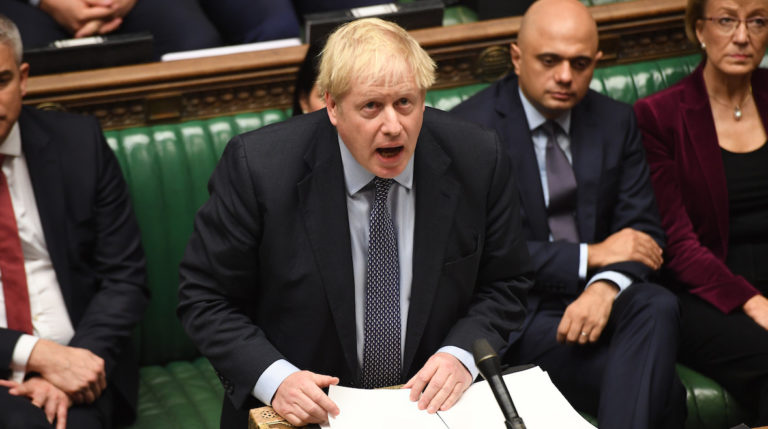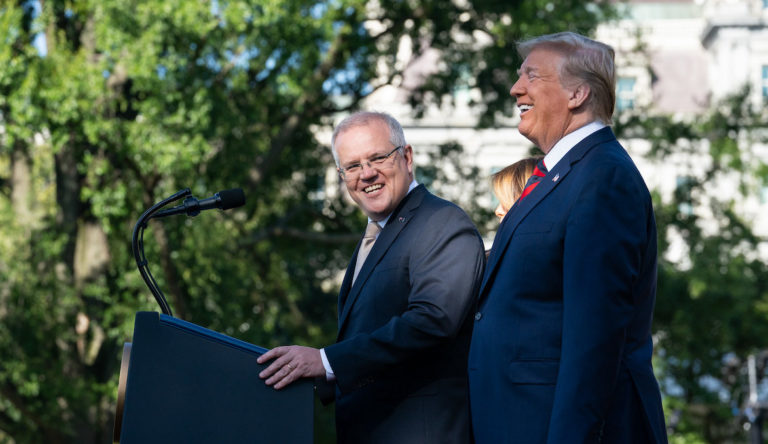
Connection
It’s been an unedifying fortnight in the Australian parliament. Ugly scenes in both chambers compounded violent protests outside Victoria’s Parliament House – so-called ‘freedom rallies’ opposing vaccine mandates. Threats towards elected representatives at all levels of government, their families and staff (public officials are also receiving protective security) have escalated alongside concerns that civil unrest fomented by organised interests was fanned by opportunists, including government members.


 Dr Anne Tiernan
Dr Anne Tiernan
